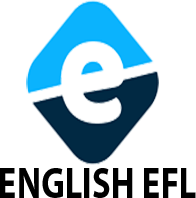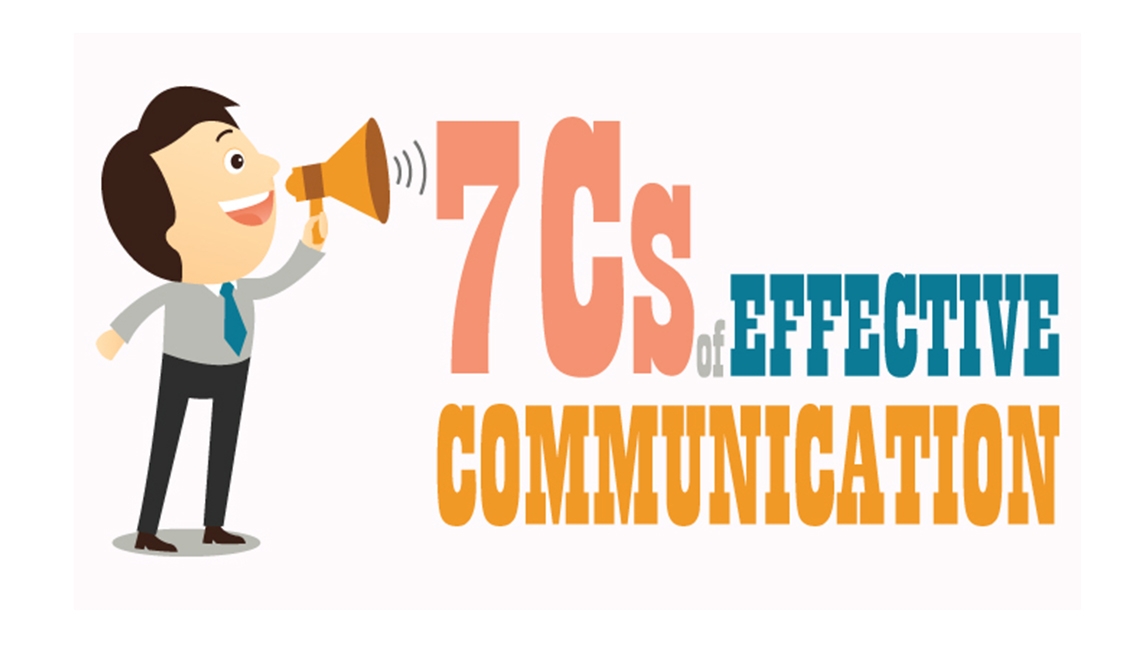“One key competency that employers across the board value in employees is the ability to think creatively and logically in order to solve problems.“
The American Diplomacy Project
The role of the school is not only to provide knowledge; it helps create good citizens who are able to fit in their roles in the future and why not even in their current situations. Educators make lots of emphasis on the technological side, and they forget, most of the time, about the human side of teaching. We do not want to produce robotic-like students who just do as they are told! We want humans who are able to think and fell, share and care.
In this way, educators are not just giving knowledge but, through all means, they apply educational policies that are considered the best for the students and the country. There is two sides for educational situations; academic which is the acquisition of the knowledge, and personal which is the acquisition of skills and ethics that are essential either for academic or social purposes.
That is said, we will focus in this post on two aspects. First, the skills that students can learn in order to achieve more. Second, about using technology in innovative way to enhance learning through wikis.
The 7 Cs
One of the 21st century skills is collaboration. Collaboration itself needs other skills which are necessary to be successful. Thus, we called this the 7 Cs, which are 7 skills which I think they are essential in education where they may all be needed or just one or two depending on the situation.
Caring: Giving tender attention to the people and things that matter to us. Listening with compassion, helping with kindness.
Commitment: Caring deeply about a person, a goal or a belief. Willingness to give our all and keep our promises.
Consideration: Giving careful thought to the needs of others. Holding a decision in a contemplative and thoughtful way.
Cooperation: Working together for a common goal, calling on the different gifts each of us has to offer.
Courage: Transforms fear into determination. Embracing life fully, without holding back, doing what must be done even when it is difficult or risky. Courtesy: Treating others with kindness, tact and graciousness.
Creativity: The power of imagination. Being open to inspiration, which ignites our originality.
Curiosity: A desire to find out and know things.
These skills, if acquired, are useful not only in education but also in social level. That is why we have to keep in mind as educators and decision makers that we are preparing students to be good citizens not only knowledge holders who are like robotics by giving a humanistic touch to T&L.
STOLEN
Using technology has become an essential part in T&L contexts. However, using technology in an innovative way should have some rules and according to a plan otherwise the lesson may fail. Pedagogy should lead technology.
One way of using technology is the Wikis, which is, according to Wikipedia, an application, typically a web application, which allows collaborative modification, extension, or deletion of its content and structure. Although there are many other tools to do the job, but wikis are available for everyone everywhere and easy to use.
Follow the STOLEN and you will be ok. You are not going to steal as STOLEN is the first letter of every header which you are going to read about now:
Specific overall objectives
- Make sure the wiki has a clear purpose, and that your students understand how they will benefit from contributing to it and from the end product
- Ensure all students understand the main objectives of the wiki so they can edit it with the same purpose in mind
- If you plan to assess students’ work, establish some criteria so they can be aware of what they will be graded on
Time bound
- Give students a deadline for each task, to ensure everyone has a chance to comment on the process or finished product
- Set intermediate deadlines for different stages of a longer project to ensure students don’t leave everything until the last minute
- Students should be able to access the wiki after the course has finished
Ownership
- Part of the popularity of sites such as Facebook is that users feel that the space is theirs – a reflection of them and their personality – so students need to feel they collaboratively own the wiki space
- Creating some element of ownership can result in higher levels of creativity in a wiki
- Foster ‘collaborative ownership’ by involving students in drawing up ground rules and creating pages dedicated to students’ shared hobbies and interests
- Create individual or group spaces in addition to a common space
Localized objective
- Besides setting specific overall objectives for the whole site, you will also need to give students some structure of what is expected for individual writing tasks. This could include suggested headings, an example wiki page or links to examples from the web
- Be aware that collaborative writing and editing may be quite daunting to many students, so make sure you provide them with some kind of template or introductory tasks to help them with peer-editing
Engagement rules
- Provide a set of ground rules from the start, making it clear what behaviour is considered acceptable or not acceptable – e.g. being respectful when commenting, responding to comments, not editing other people’s pages without permission, not using L1 and so on
- This tends to work best if you invite students to write the guidelines themselves
Navigation
- Create a clear structure that students can follow, minimising the number of clicks needed to find a specific page, but without long lists of links or information
- If your wiki platform has one, use a folder system to help you organise your content
- Once your wiki is up and running, ask your students or a colleague for feedback on how it is organised and how easy it is to find everythingI hope you enjoyed reading the article and have found it, or some parts of it, beneficial. Don’t let technology leads you, it is you who should master it and provide it in a way that is innovative, engaging and beneficial but by developing skills that are needed in the real life later.









